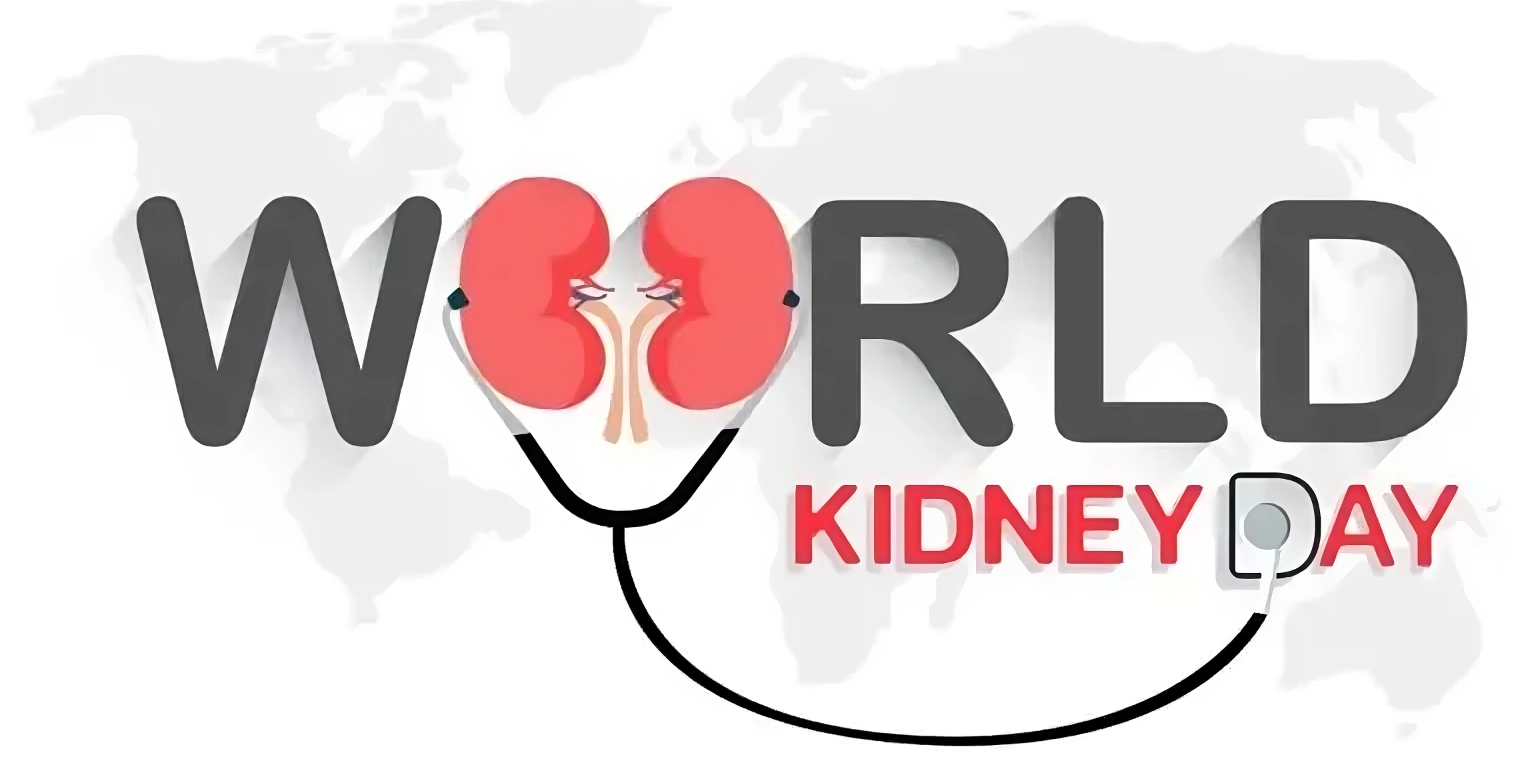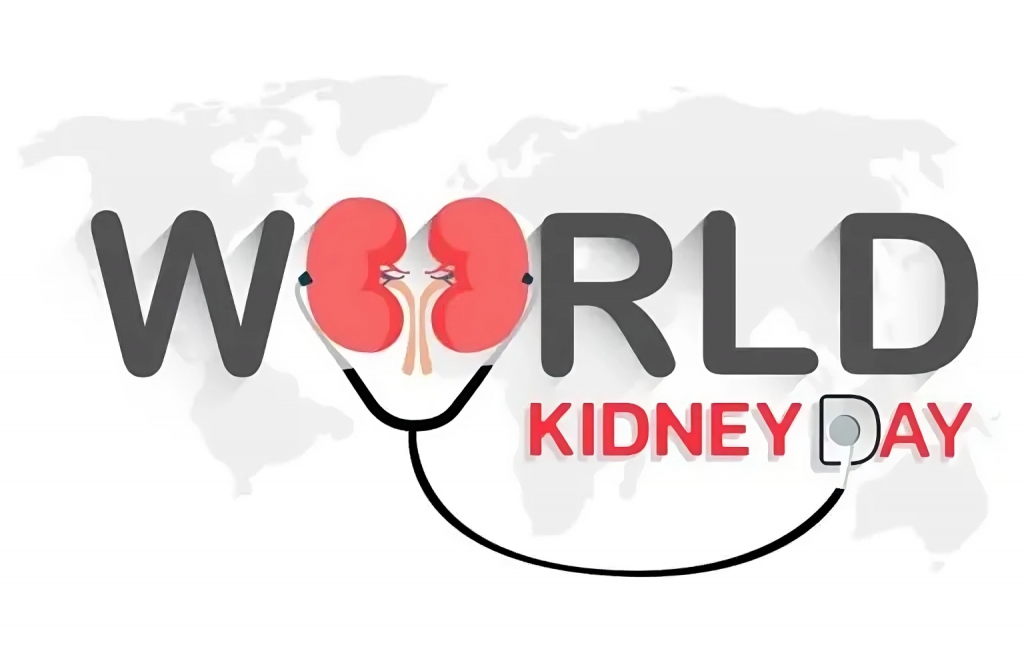
Introduction to World Kidney Day
World Kidney Day is a global campaign to raise awareness of the importance of our kidneys, preventive behaviors, risk factors, and how to navigate life for those with kidney disease. It is a joint initiative by the International Society of Nephrology (ISN) and the International Federation of Kidney Foundations—World Kidney Alliance (IFKF-WKA), and it takes place on 14th March this year.
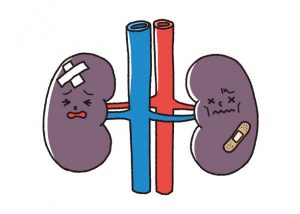
Chronic Kidney Disease (CKD)
Our kidney is a pair of bean-shaped organs just below our ribs that are essential for many bodily functions, including helping to balance the fluids & chemicals in our body, regulating blood pressure, removing wastes & toxins, etc.
Chronic kidney disease (CKD) is a condition closely linked to lifestyle and behaviors that reduce our kidneys’ function over time. Some of the common causes of CKD are diabetes, high blood pressure, and high cholesterol. These conditions may damage the blood vessels, eventually impairing organs’ functions, including the kidney.
Kidney function is measured through the estimated glomerular filtration rate (eGFR), which shows how well the kidneys filter blood. Doctors use it to identify and classify the stages of chronic kidney disease. There are five stages of chronic kidney disease:
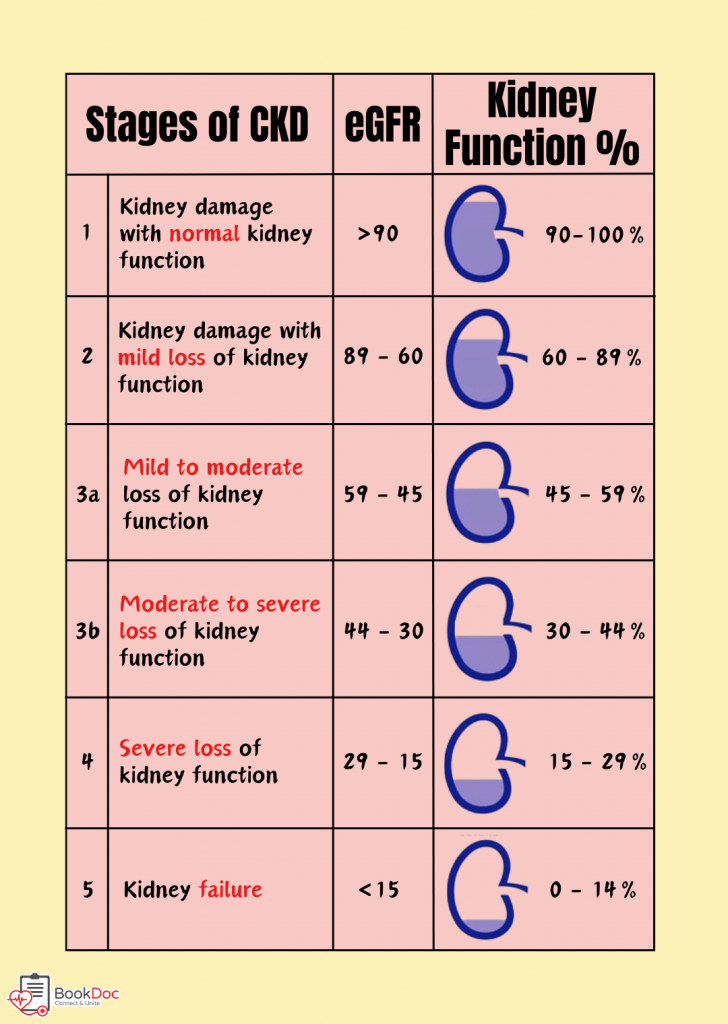
Globally, CKD affects 10% of the earth’s population. According to the National Action Plan for Healthy Kidneys, the prevalence of CKD among adults was 9.07% in 2011 and had increased to 15.5% in 2018. Such prevalence is projected to grow significantly, highlighting the importance of maintaining kidney health.
Dietary Strategies For A Healthy Kidney:
Maintaining kidney health with hydration and a balanced diet supports overall health and well-being. Some of the dietary and cooking strategies for a healthy kidney include:
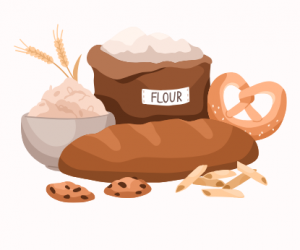 Choose whole grains carbohydrates
Choose whole grains carbohydrates
Whole grains like oats, brown rice, quinoa, barley, and whole wheat are abundant in soluble fiber. It can help to slow down the spike in blood sugar, which lowers the risk of high blood sugar. It can also reduce fat absorption in the blood, reducing the risk of high cholesterol. Reducing these risks maintains our kidney functions.
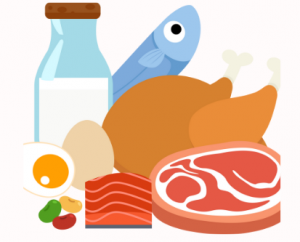
Opt for heart-healthy protein sources
Protein can be found in plants, animals, and dairy products. Excellent protein sources from plants include soybeans, peas, and quinoa. When choosing animal meat, lean meat such as chicken, turkey, and fish is preferred as they are lower in fat content. Also, go for low-fat dairy products. These can help maintain healthy cholesterol levels, which then protect our kidneys.
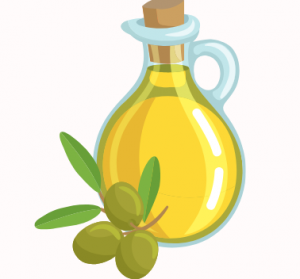
Consumption of healthy fats
Unsaturated fats can improve cholesterol levels, reduce cardiovascular disease, and preserve kidney health. There are a few ways we can include these fats into our diet. For example, opt for avocado, nuts, seeds, and walnuts for snacks. In addition, we can use olive, peanut, sunflower, corn, soybean, and flaxseed oil for cooking. Another tip is to incorporate fatty fish such as salmon, ikan tenggiri, ikan kembung, and cod in our diet, as they are high in omega-3 fatty acids.
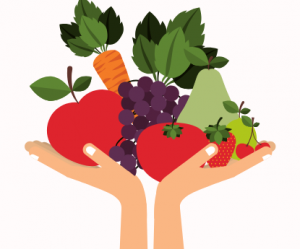
Consume adequate fruits & vegetables
Fruits and vegetables are rich in fiber, vitamins, and minerals such as potassium, which can help dilate blood vessels, lowering the risk of hypertension. Antioxidants such as vitamins A and C can help slow down or prevent the formation of plaques in blood vessels and can help support kidney health.
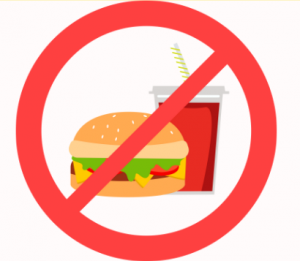
Limit processed food
Processed foods are high in sodium and trans fat. Excessive consumption of high-sodium food raises blood pressure. They are also high in trans fat, which increases LDL cholesterol (bad cholesterol) and reduces HDL cholesterol (good cholesterol). Both of these are detrimental to kidney health.
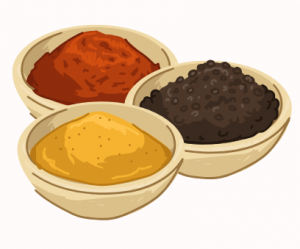 Substitute salt, sauces, & condiments with herbs & spices
Substitute salt, sauces, & condiments with herbs & spices
Salt, sauces, and condiments are high in sodium. They are often used to enhance the taste and flavour during cooking. Replacing them with herbs and spices can reduce the sodium intake while retaining the palatability.
World Kidney Day illuminates the importance of kidney health worldwide. CKD, commonly resulting from high blood sugar, high blood cholesterol, and high blood pressure, affects a significant portion of the population. Hence, it is important to raise awareness of this issue and take proactive measures. Dietary adjustments can enhance well-being as well as maintain kidney function. Begin your journey to better health, and reach out to our health coaches to enhance your overall well-being here.
Li Ling, Dietetics Intern
References:
- World Kidney Day. Available from: https://www.worldkidneyday.org/
- 1.Stages of Kidney Disease, Dallas Nephrology Associates. Dallas Nephrology Associates. Available from: https://www.dneph.com/chronic-kidney-disease/stages-of-ckd/
- ACT-KID Medium Term Strategic Plan to Reduce the Burden of Chronic Kidney Disease in Malaysia (2018-2025). 2018. Available from: https://www.moh.gov.my/moh/resources/Penerbitan/Rujukan/NCD/National%20Strategic%20Plan/act_kid-1-min.pdf
- NATIONAL KIDNEY FOUNDATION. The DASH Diet. National Kidney Foundation. 2017. Available from: https://www.kidney.org/atoz/content/Dash_Diet
- High Cholesterol and Kidney Disease. National Kidney Federation. Available from: https://www.kidney.org.uk/blogs/high-cholesterol-and-kidney-disease
- National Kidney Foundation. Stages of Chronic Kidney Disease (CKD). National Kidney Foundation. 2023. Available from: https://www.kidney.org/atoz/content/stages-chronic-kidney-disease-ckd
- National Kidney Foundation. Estimated Glomerular Filtration Rate (eGFR). National Kidney Foundation. 2019. Available from: https://www.kidney.org/atoz/content/gfr
- NIDDK. High Blood Pressure & Kidney Disease | NIDDK. National Institute of Diabetes and Digestive and Kidney Diseases. 2020. Available from: https://www.niddk.nih.gov/health-information/kidney-disease/high-blood-pressure
- Harvard School of Public Health. Types of Fat. The Nutrition Source. 2018. Available from: https://www.hsph.harvard.edu/nutritionsource/what-should-you-eat/fats-and-cholesterol/types-of-fat/
- Mayo Clinic. Trans fat: Double trouble for your heart. Mayo Clinic. 2020. Available from: https://www.mayoclinic.org/diseases-conditions/high-blood-cholesterol/in-depth/trans-fat/art-20046114
- Vegetables and fruit. Heart and Stroke Foundation of Canada. Available from: https://www.heartandstroke.ca/healthy-living/healthy-eating/vegetables-and-fruit#:~:text=Heart%2Ddisease%20prevention







